Chess clubs represent some of the most intellectually enriching and developmentally valuable organizations in educational institutions, fostering critical thinking, strategic planning, patience, and competitive excellence. The students who serve as chess club presidents and those who achieve victory in tournaments demonstrate exceptional cognitive abilities, leadership capabilities, and dedication that deserve meaningful recognition and celebration throughout their educational communities.
In 2025, chess programs across high schools, colleges, and universities are experiencing renewed growth and prominence as educators increasingly recognize the profound benefits chess provides for developing analytical reasoning, problem-solving skills, and emotional resilience. Institutions that strategically recognize chess club leaders and tournament achievers create cultures that value intellectual pursuit alongside athletic accomplishment while inspiring broader participation in this mentally demanding yet deeply rewarding activity.
Why Recognizing Chess Excellence Matters
Chess club presidents and tournament winners exemplify qualities that educational institutions should celebrate and cultivate. These students develop strategic thinking and planning abilities transferable to all academic and professional domains, demonstrate persistence and resilience through competitive challenges, exhibit leadership skills through organizing and managing chess programs, build inclusive communities welcoming diverse participants, represent their institutions in regional and national competitions, and inspire peers to embrace intellectual challenges and analytical thinking. Schools and colleges that comprehensively recognize chess achievement discover measurable benefits including increased participation in chess and related academic pursuits, stronger intellectual culture valuing strategic thinking, enhanced school reputation for academic excellence, improved student outcomes in mathematics and logical reasoning, and development of future leaders skilled in analysis and decision-making.
Understanding the Role of Chess Club Presidents
Chess club presidents serve critical leadership functions that extend far beyond simply organizing board games. These student leaders develop comprehensive organizational, communication, and management skills while building inclusive communities around intellectual competition and continuous improvement.
Core Responsibilities of Effective Chess Club Presidents
Chess club presidents typically manage diverse responsibilities that provide exceptional leadership development opportunities. Core presidential duties include organizing regular club meetings and practice sessions, coordinating tournament participation and travel logistics, recruiting new members and promoting chess programs, managing club finances and fundraising initiatives, communicating with faculty advisors and school administration, scheduling competitions against other institutions, maintaining equipment and playing materials, creating welcoming environments for players of all skill levels, organizing instructional sessions for less experienced players, and representing the chess program at school events and functions.
According to the US Chess Federation’s Guide to a Successful Chess Club, effective club presidents serve as the primary contact with their institutions and are responsible for the smooth day-to-day running of clubs, including scheduling meetings, communicating information between club leadership and members, and directing the organization of club events.
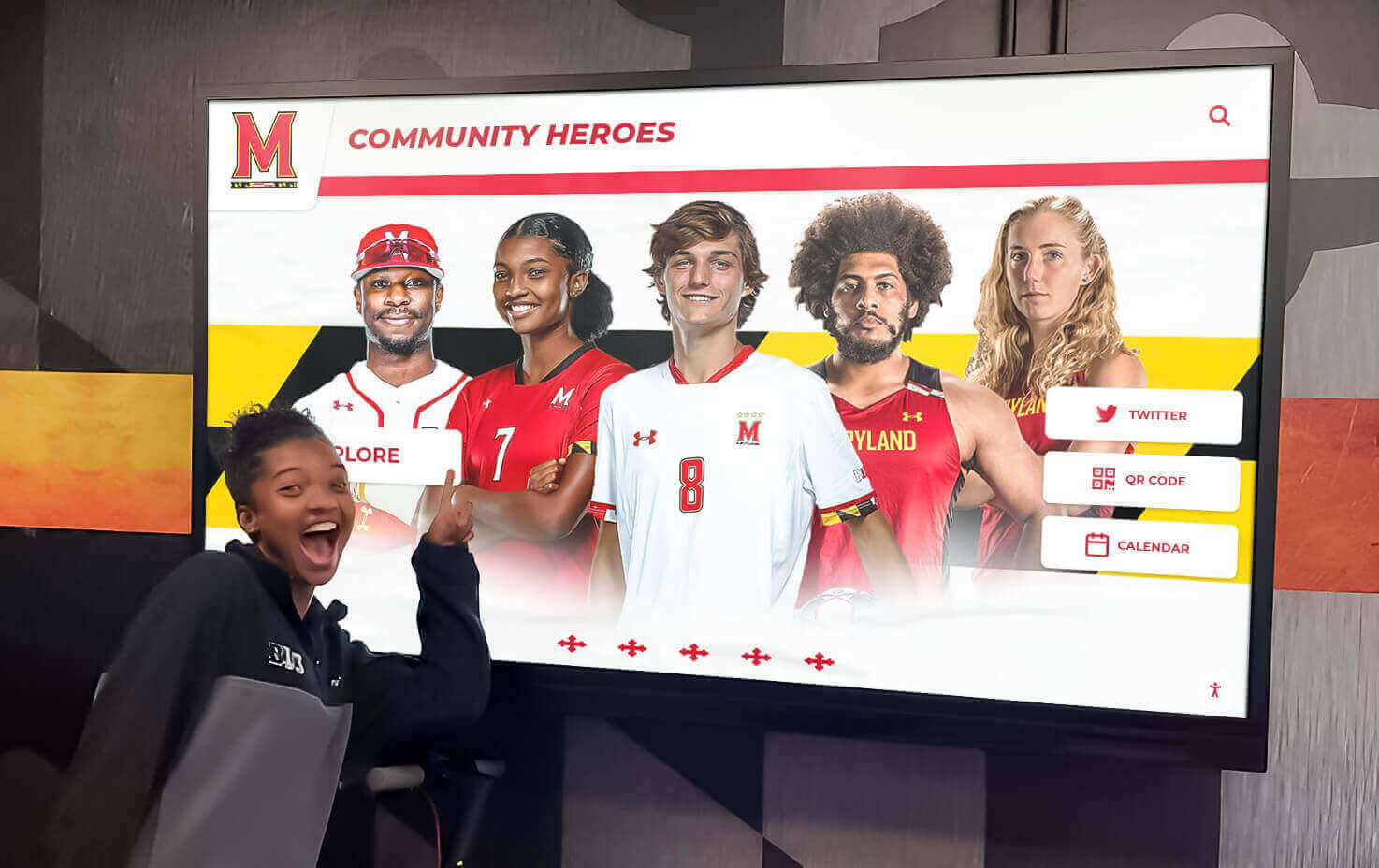
Leadership Skills Developed Through Chess Club Presidency
Serving as chess club president develops transferable leadership competencies valuable throughout students’ educational and professional careers. Key leadership skills developed include organizational planning and project management, public speaking and presentation abilities, conflict resolution and interpersonal communication, financial management and budgeting, marketing and recruitment strategies, team building and community development, negotiation and advocacy skills, time management and prioritization, problem-solving under resource constraints, and mentorship and teaching capabilities.
Research consistently demonstrates that students holding leadership positions in clubs develop increased confidence and sense of responsibility, improved time management abilities, enhanced communication skills, and stronger college applications demonstrating initiative and organizational capability. These benefits position chess club presidents for success in college admissions and future professional endeavors.
Challenges Chess Club Presidents Face
Despite the developmental benefits, chess club presidents encounter genuine challenges requiring resilience and creative problem-solving. Common presidential challenges include balancing club leadership with academic responsibilities and other commitments, recruiting and retaining members in competitive extracurricular environments, securing adequate funding for tournament fees and travel expenses, scheduling facilities in schools with limited available space, engaging students with widely varying skill levels, maintaining enthusiasm throughout academic years with competing priorities, coordinating logistics for external competitions and travel, building relationships with potential opponents and partner institutions, and navigating administrative requirements and approval processes.
Institutions that recognize these challenges and provide appropriate support—including faculty advisor guidance, administrative backing, and adequate resources—enable chess club presidents to succeed while developing valuable leadership capabilities.
Tournament Competition and Achievement
Chess tournaments provide structured competitive environments where students test their skills against peers while representing their institutions with pride. Understanding tournament structures, achievement levels, and recognition opportunities helps schools celebrate competitive excellence appropriately.
Levels of Chess Tournament Competition
Chess competition exists at multiple levels, each offering distinct challenges and achievement recognition opportunities. Primary competitive levels include local club tournaments within individual institutions, interscholastic competitions between nearby schools, regional championships bringing together top players from geographic areas, state championships determining top competitors statewide, national competitions including prestigious events like the National High School Championship, and international tournaments for elite student players.
According to US Chess results from 2024, the National High School (K-12) Championship concluded with a record-breaking 1,860 players from 37 states participating, demonstrating the scope and competitive intensity of scholastic chess at the highest levels. The 2024 National K-12 Grade Championships saw more than 2,700 players from 45 states, marking it as the largest K-12 Grade Championships in US Chess history.
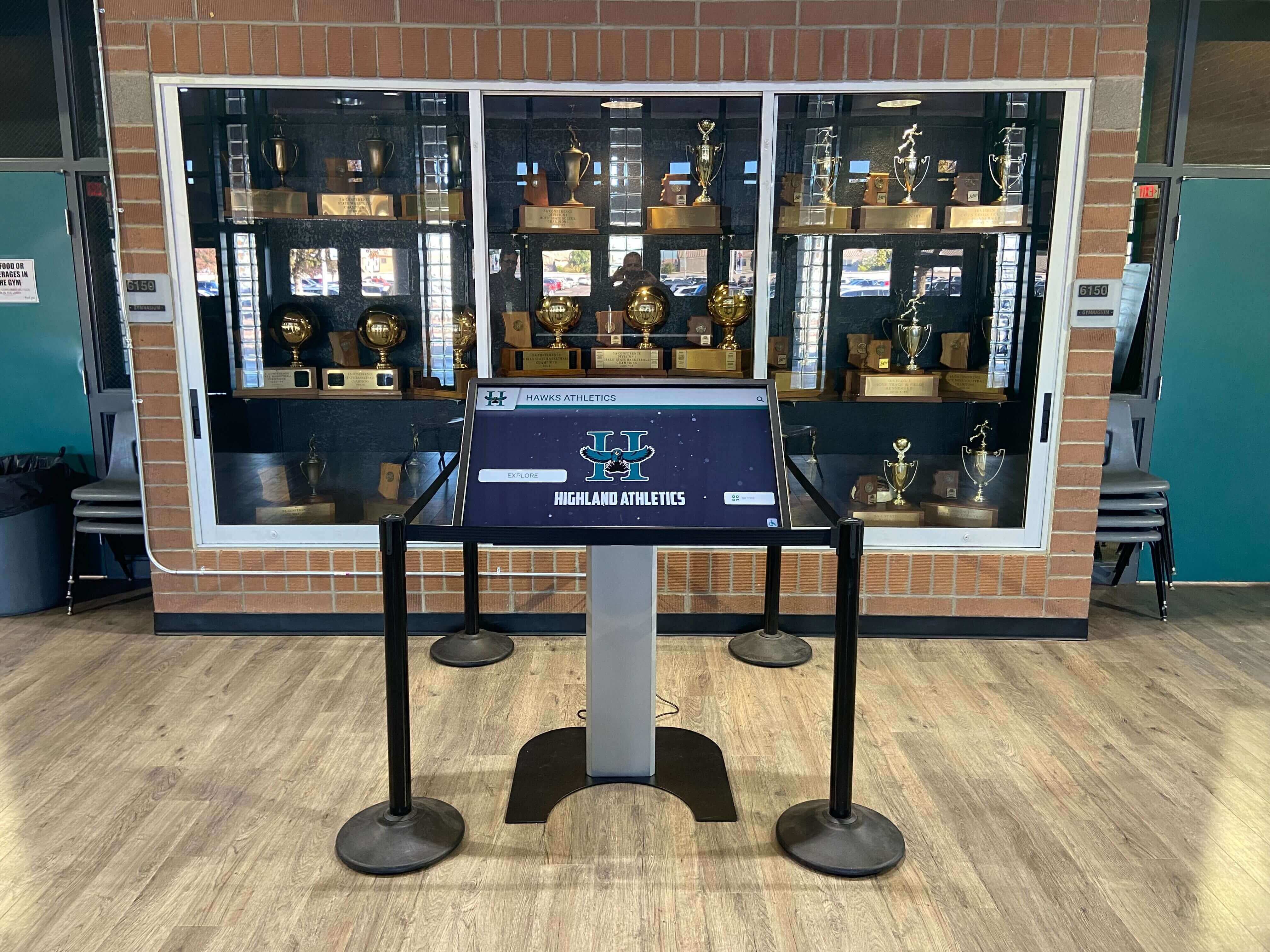
Individual Tournament Achievements Worth Recognizing
Individual chess achievements span various competitive formats and skill demonstrations. Notable individual achievements include tournament championships at various competitive levels, high placement finishes in prestigious competitions, perfect or near-perfect tournament scores, victories against significantly higher-rated opponents, achieving official chess rating milestones, earning chess titles like Candidate Master or National Master, winning specific categories or grade-level divisions, exceptional performance improvement over time, and representing schools at state or national championships.
For example, in the 2024 National High School Championship, IM Jason Wang from William Mason High School in Mason, Ohio, emerged victorious for the second consecutive year in the Individual Championship, demonstrating sustained excellence worthy of institutional recognition and celebration.
Team Tournament Success and Collaborative Achievement
Beyond individual accomplishment, chess team competitions celebrate collaborative strategic excellence. Team achievements worthy of recognition include championship victories in team tournaments, consistent top finishes across multiple competitions, undefeated records in regular season play, qualifying for state or national team championships, defeating traditionally dominant programs, achieving best-ever team finishes in school history, demonstrating exceptional team depth across multiple boards, and representing institutions at prestigious invitationals.
The 2024 National High School Championship Team Championship was won by The Dalton School of New York, New York, marking their third consecutive win in the team tournament. Such sustained excellence demonstrates program strength beyond individual talent and merits comprehensive institutional recognition.
Tournament Organization Leadership
Beyond playing achievement, students who organize and direct chess tournaments demonstrate exceptional leadership and organizational capability. Tournament organization achievements include directing successful school-hosted tournaments, managing registration and pairing systems, recruiting tournament directors and volunteers, securing sponsorships for tournament expenses, implementing fair playing conditions and dispute resolution, and promoting tournaments to maximize participation.
These organizational contributions build school chess programs while developing students’ project management and leadership capabilities in ways that complement playing achievement.
Comprehensive Recognition Programs for Chess Excellence
Strategic institutions implement multi-faceted recognition programs that celebrate chess achievement through various channels and formats, ensuring chess excellence receives acknowledgment comparable to other valued accomplishments.
Traditional Recognition Approaches
Conventional chess recognition methods provide meaningful acknowledgment while maintaining consistency with how institutions recognize other activities. Traditional recognition includes awards ceremonies during school assemblies or club meetings, trophies and plaques for tournament winners, certificates documenting achievements and participation, school newsletter and website features highlighting success, yearbook recognition in club and achievement sections, letters and commendations from school administration, recommendation letters supporting college applications, and physical trophy cases displaying chess honors.
While these traditional approaches provide valuable recognition, many schools discover they face space limitations when attempting to document comprehensive chess achievement history through physical displays alone. Solutions like implementing digital trophy walls enable institutions to recognize unlimited achievements without physical space constraints.
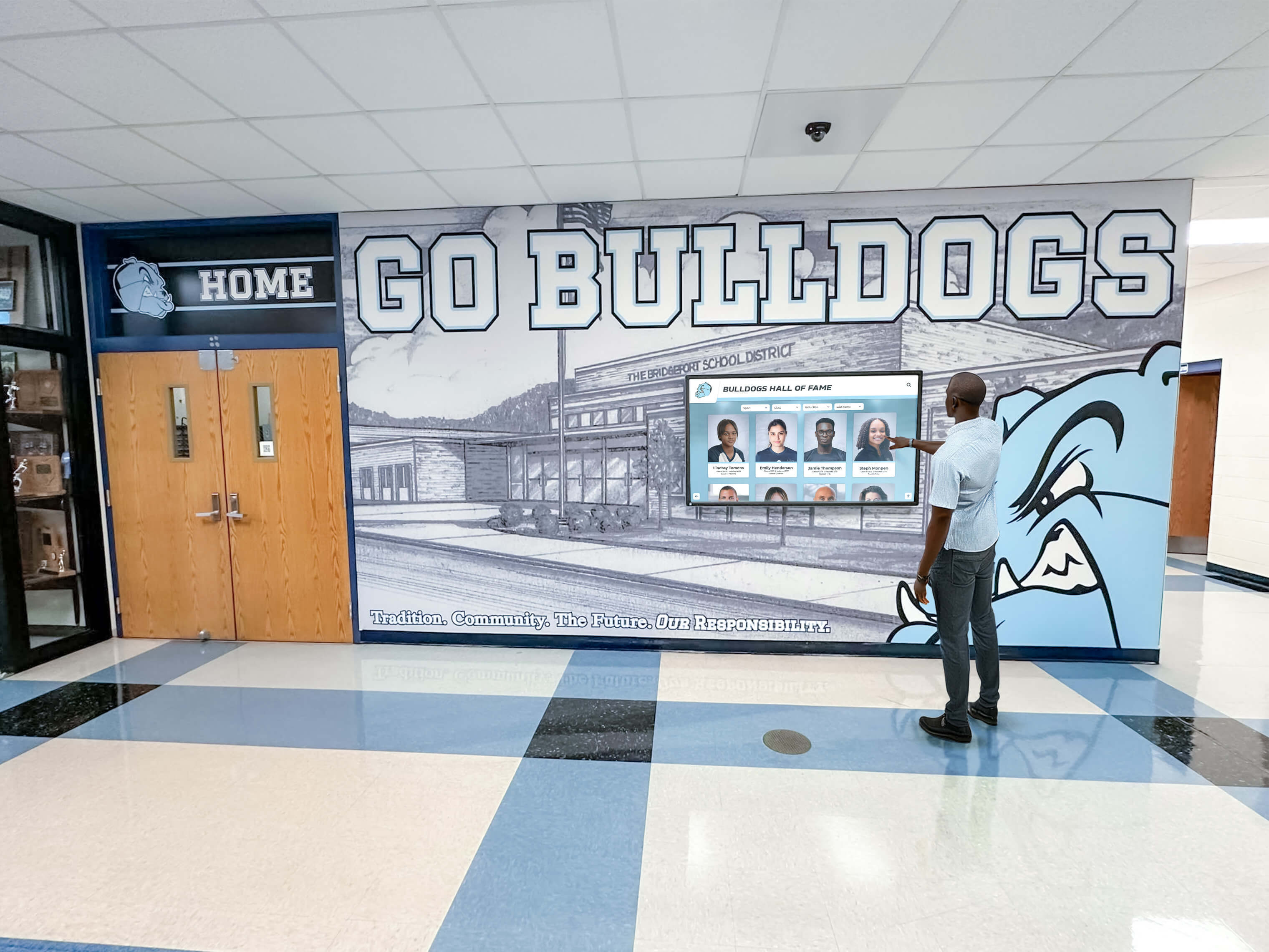
Modern Digital Recognition Solutions
Contemporary recognition technology transforms how institutions celebrate chess excellence while providing engagement opportunities traditional approaches cannot match. Digital recognition solutions enable comprehensive documentation of chess history without space limitations, multimedia profiles featuring photos and tournament highlights, searchable databases allowing quick discovery of specific players, real-time updates adding new achievements immediately, interactive exploration creating engaging visitor experiences, accessible recognition available to worldwide audiences including alumni, integration with school websites and communications, and professional presentation reflecting institutional pride.
Platforms like Rocket Alumni Solutions provide specialized tools designed specifically for educational recognition needs, combining unlimited capacity with user-friendly content management and engaging presentation formats. These systems become year-round institutional assets that showcase chess excellence while inspiring current students to pursue strategic achievement.
Educational institutions implementing interactive touchscreen displays discover that modern recognition technology generates ongoing engagement and conversation that static trophy cases cannot facilitate, making chess achievement visible and inspiring to entire school communities.
Creating Chess Halls of Fame
Many institutions with strong chess traditions establish dedicated chess halls of fame recognizing sustained excellence and program history. Effective chess hall of fame programs include clear selection criteria for induction, regular induction ceremonies celebrating new honorees, permanent displays documenting all inductees, biographical information contextualizing achievements, historical documentation of program development, and connections between past and current chess excellence.
Chess halls of fame demonstrate institutional commitment to intellectual achievement while building tradition and continuity that motivate current students. Schools implementing comprehensive digital halls of fame create recognition systems that grow continuously without requiring physical expansion.
Integrating Chess Recognition with Broader Academic Honors
Rather than isolating chess recognition, strategic institutions integrate chess achievement into comprehensive academic honor programs. Integrated recognition approaches include academic achievement displays featuring chess alongside other intellectual pursuits, honor roll recognition programs that include club leadership positions, scholar-athlete programs recognizing students excelling in both academics and chess, leadership award programs honoring club presidents and organizers, and comprehensive achievement celebrations during school events.
This integrated approach positions chess as valued intellectual achievement rather than marginal activity, building culture that celebrates analytical thinking and strategic excellence.
Building Successful Chess Programs
Recognizing individual achievement represents only one component of comprehensive chess program development. Successful programs require strategic planning, adequate resources, skilled coaching, and institutional support that enable sustained excellence and broad participation.
Establishing Strong Chess Club Foundations
Successful chess clubs begin with strong organizational foundations that support long-term sustainability. Essential foundational elements include dedicated faculty advisors providing continuity and institutional support, clear club constitutions documenting structure and procedures, regular meeting schedules with consistent times and locations, adequate facilities providing appropriate playing environments, sufficient equipment including boards, pieces, and clocks, membership structures welcoming players of all skill levels, leadership teams distributing responsibilities beyond single presidents, and connections to state and national chess organizations.
According to the US Chess Guide to a Successful Chess Club, successful clubs establish clear organizational structures with defined officer roles including president, vice president, treasurer, and tournament coordinator positions.
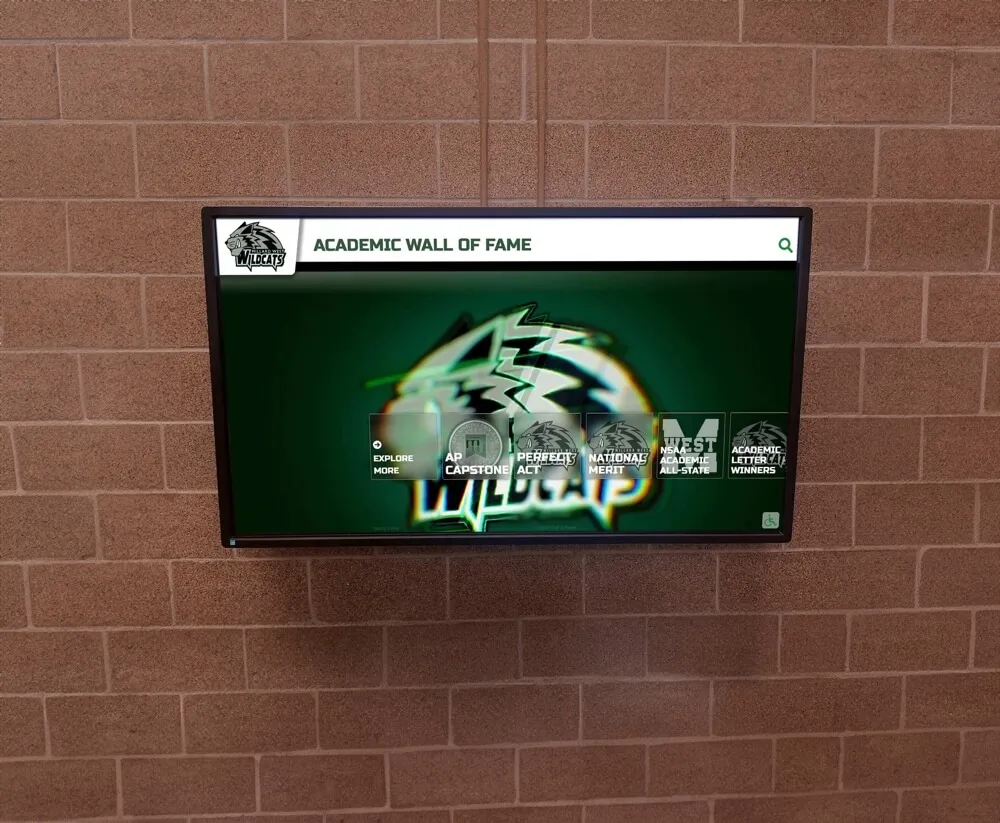
Developing Players Across Skill Levels
Excellent chess programs serve players from complete beginners through advanced competitors. Comprehensive player development includes introductory instruction teaching basic rules and strategies, intermediate coaching developing tactical and positional understanding, advanced preparation for competitive players, simultaneous exhibitions with strong players, online resource access for independent study, pairing systems matching players with appropriate opponents, mentorship programs connecting experienced with novice players, and analysis sessions reviewing games and identifying improvement opportunities.
Programs serving diverse skill levels maximize participation while building depth that sustains competitive excellence as individual players graduate.
Tournament Participation and Competition
Regular competitive experience proves essential for player development and program visibility. Strategic tournament approaches include hosting school-based tournaments for practice and community building, participating in local interscholastic competitions, attending regional championships when qualified, competing at state championships for top players, pursuing national competition opportunities for elite competitors, organizing friendly matches against rival schools, and scheduling exhibitions and simultaneous events with strong visiting players.
Consistent competitive participation builds program reputation while providing recognition opportunities for achieving students. Comprehensive recognition of tournament achievements motivates continued excellence and broad participation.
Fundraising and Resource Development
Adequate funding enables chess programs to provide equipment, pay tournament fees, support travel expenses, and create recognition displays. Effective fundraising strategies include parent association support and direct fundraising campaigns, sponsorships from local businesses valuing education, school budget allocations for academic clubs, tournament hosting that generates registration revenue, merchandise sales featuring chess program branding, donation campaigns from alumni and community supporters, and grant applications to organizations supporting chess in education.
Resource development represents crucial responsibilities where chess club presidents develop valuable skills while securing sustainability for their programs.
Chess and Academic Development
Beyond competitive achievement and recognition opportunities, chess provides profound educational benefits that justify institutional investment and celebration of chess excellence.
Cognitive Benefits of Chess Participation
Extensive research documents significant cognitive benefits from regular chess practice. Well-documented cognitive benefits include enhanced problem-solving abilities transferable across academic domains, improved concentration and sustained attention capabilities, strengthened memory and pattern recognition, advanced planning and strategic thinking skills, better decision-making under pressure, enhanced creativity through position evaluation, improved mathematical reasoning and calculation, stronger spatial reasoning abilities, and accelerated processing speed for complex information.
An existing blog post about games in schools and chess benefits discusses how chess participation supports academic development while building cognitive capabilities that enhance performance across all subject areas.
Academic Performance Correlations
Multiple studies demonstrate positive correlations between chess participation and academic achievement. Common academic correlations include higher mathematics performance among regular chess players, improved reading comprehension abilities, stronger standardized test scores, enhanced critical thinking on complex assignments, better academic outcomes for at-risk students, and improved school attendance and engagement.
While correlation does not prove causation, these associations suggest chess participation supports broader academic success, justifying chess program investment and recognition comparable to other academically beneficial activities.
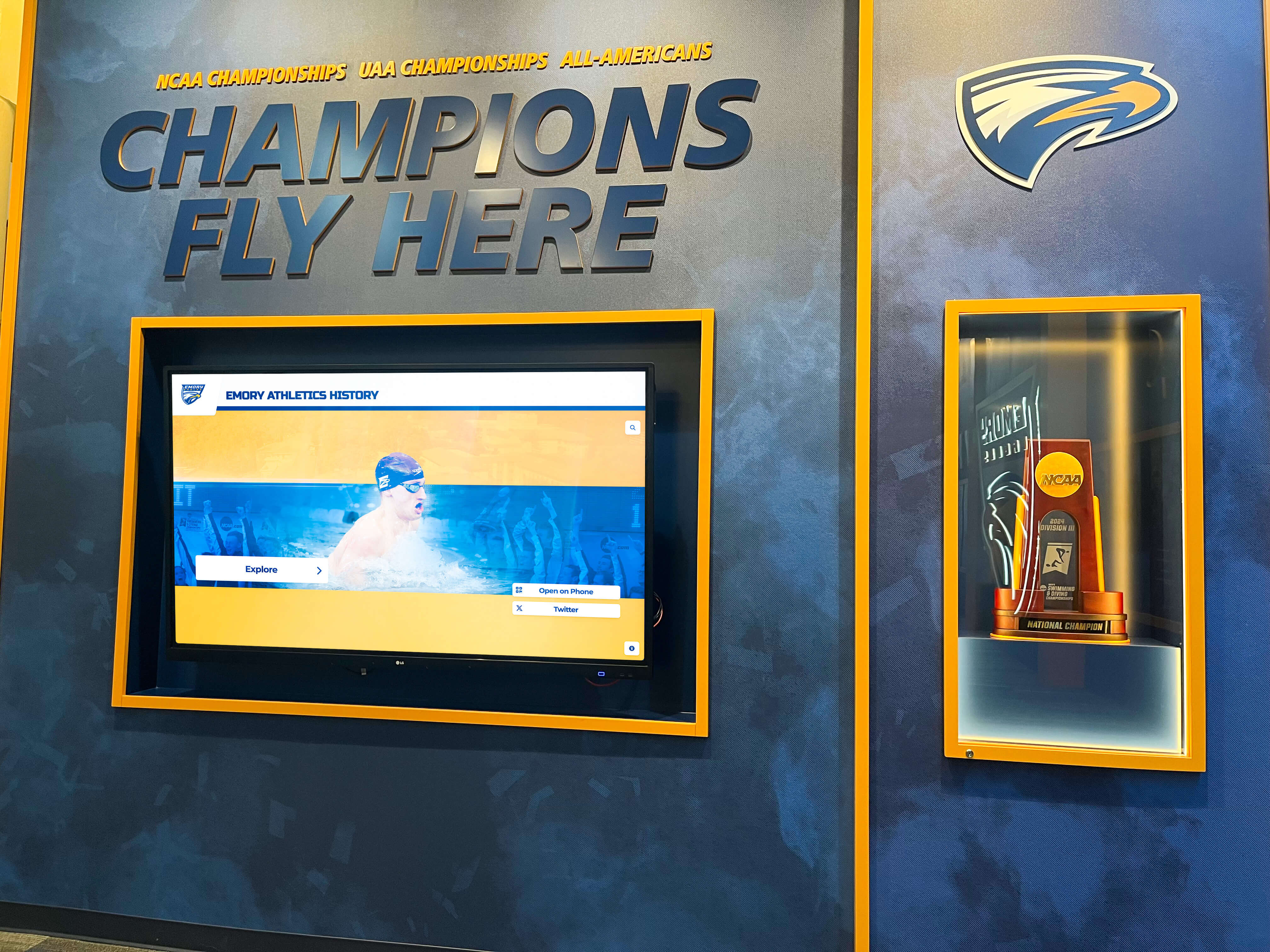
Social-Emotional Development Through Chess
Beyond cognitive benefits, chess participation supports crucial social-emotional development. Social-emotional benefits include resilience and coping with setbacks, emotional regulation during competitive stress, sportsmanship and gracious winning and losing, patience and delayed gratification, confidence through skill mastery, empathy through understanding opponents’ perspectives, collaboration through team competitions, and inclusive community building across diverse backgrounds.
These social-emotional capabilities prove as valuable as cognitive skills for student success and wellbeing, making chess participation worthy of institutional support and celebration.
College Admissions and Chess Achievement
Chess club leadership and tournament achievement strengthen college applications while demonstrating qualities admissions officers value. College admissions benefits include demonstrated leadership through club presidency, commitment and sustained engagement over multiple years, competitive achievement at high levels, intellectual curiosity and analytical thinking, time management balancing chess with academics, community building and peer mentorship, and distinctive accomplishment differentiating applicants.
Many colleges specifically recognize chess excellence through recruitment and scholarship opportunities, particularly for students who achieve high ratings or national-level competition success. Documentation through comprehensive student achievement showcases helps college-bound students present chess accomplishments effectively.
Celebrating Chess Presidents and Winners at School Events
Strategic timing and presentation of chess recognition maximize impact and visibility while inspiring broader participation and institutional pride.
School Assembly Recognition
School assemblies provide ideal venues for publicly celebrating chess club presidents and tournament winners. Effective assembly recognition includes announcements of major tournament results and achievements, presentations of awards and trophies to winners, speeches by club presidents describing chess programs, demonstrations of notable games or positions, video presentations highlighting competitive experiences, recognition of graduating seniors and their contributions, and invitations for students to join chess programs.
Public recognition during assemblies communicates institutional values regarding intellectual achievement while inspiring students who might not otherwise consider chess participation.
Chess-Specific Celebration Events
Beyond general school assemblies, dedicated chess celebration events provide opportunities for deeper recognition and community building. Successful chess celebration events include end-of-year awards banquets honoring achievement, alumni exhibitions connecting current players with graduates, simultaneous exhibitions with strong visiting players, lecture demonstrations by titled players or coaches, parent nights showcasing program accomplishments, community open houses introducing chess to broader audiences, and annual hall of fame induction ceremonies.
These dedicated events build chess community while providing appropriate recognition depth that general assemblies cannot accommodate. Schools creating comprehensive recognition celebration programs discover that dedicated events strengthen participant engagement and program sustainability.
Athletic Recognition Parity
Many chess advocates emphasize the importance of recognizing chess achievement with similar prominence to athletic accomplishment. Parity strategies include featuring chess alongside sports in recognition displays, announcing chess results during athletic events and vice versa, applying similar budget allocations to chess and sports programs, providing letter awards for chess comparable to athletic letters, celebrating chess championships with similar enthusiasm to sports titles, and positioning chess in athletic recognition areas rather than isolating it.
This parity approach communicates that institutions value diverse excellence forms while building comprehensive achievement culture beyond purely athletic focus. Implementing class president digital displays and similar recognition for student leaders across all domains reinforces inclusive achievement culture.

Homecoming and School Tradition Integration
Integrating chess recognition into major school traditions like homecoming increases visibility while building program prestige. Integration approaches include chess exhibitions during homecoming festivities, recognition of chess hall of fame inductees during ceremonies, alumni chess matches connecting graduates with current players, chess-themed spirit week activities, parade participation showcasing chess programs, and festival booths introducing chess to community members.
Schools that comprehensively integrate all achievement forms into homecoming festivities demonstrate genuine institutional commitment to celebrating diverse excellence.
Supporting Chess Club Presidents for Success
Effective faculty advisors and administrators understand that chess club presidents require specific support to succeed in their leadership roles while managing academic and personal responsibilities.
Faculty Advisor Roles and Best Practices
Dedicated faculty advisors prove essential for chess club sustainability and president success. Effective advisor responsibilities include mentoring presidents through leadership challenges, ensuring continuity as student leaders graduate, facilitating administrative processes and approvals, connecting clubs to school resources and funding, providing chess instruction or arranging coaching, supervising tournaments and club activities, building institutional knowledge and program history, and advocating for chess program needs with administration.
The best advisors balance providing necessary support with empowering student leaders to develop independent leadership capabilities through managing genuine responsibilities and challenges.
Administrative Support for Chess Programs
School administration demonstrates chess program commitment through tangible support beyond verbal encouragement. Critical administrative support includes adequate budget allocations for tournament fees and equipment, facility scheduling priority comparable to other clubs, permission for travel to competitive events, publicity through school communications channels, integration of chess into broader recognition programs, professional development for faculty advisors, and celebration of chess achievement in public forums.
Administrative support signals to students, families, and communities that institutions genuinely value intellectual achievement and strategic excellence, not merely athletics and traditional pursuits.
Connecting Chess Leaders with Resources
Successful chess club presidents benefit from connections to external resources beyond their individual schools. Valuable external resources include state chess association membership and support, US Chess Federation affiliation providing tournament infrastructure, online platforms for practice and instruction, coaching from titled players and chess professionals, scholarship information for college-bound players, leadership development programs building organizational skills, and networking with presidents from other institutions.
Advisors and administrators who facilitate these connections multiply the developmental benefits chess participation provides while strengthening program sustainability.
Future Trends in Chess Recognition and Celebration
Chess programs and recognition practices continue evolving as technology advances and educational priorities shift. Understanding emerging trends helps institutions implement forward-looking programs that remain relevant and engaging.
Online Chess Integration
Online chess platforms have transformed how students practice and compete, particularly accelerated by remote learning during recent years. Online integration trends include hybrid tournaments combining in-person and online play, online practice leagues between geographically distant schools, streaming and commentary of major matches, digital training platforms accessible outside school hours, online simultaneous exhibitions with strong players anywhere, and integration of online ratings with traditional over-board recognition.
Institutions adapting recognition programs to acknowledge online achievement alongside traditional over-the-board competition remain relevant to contemporary chess culture while maximizing participation opportunities.
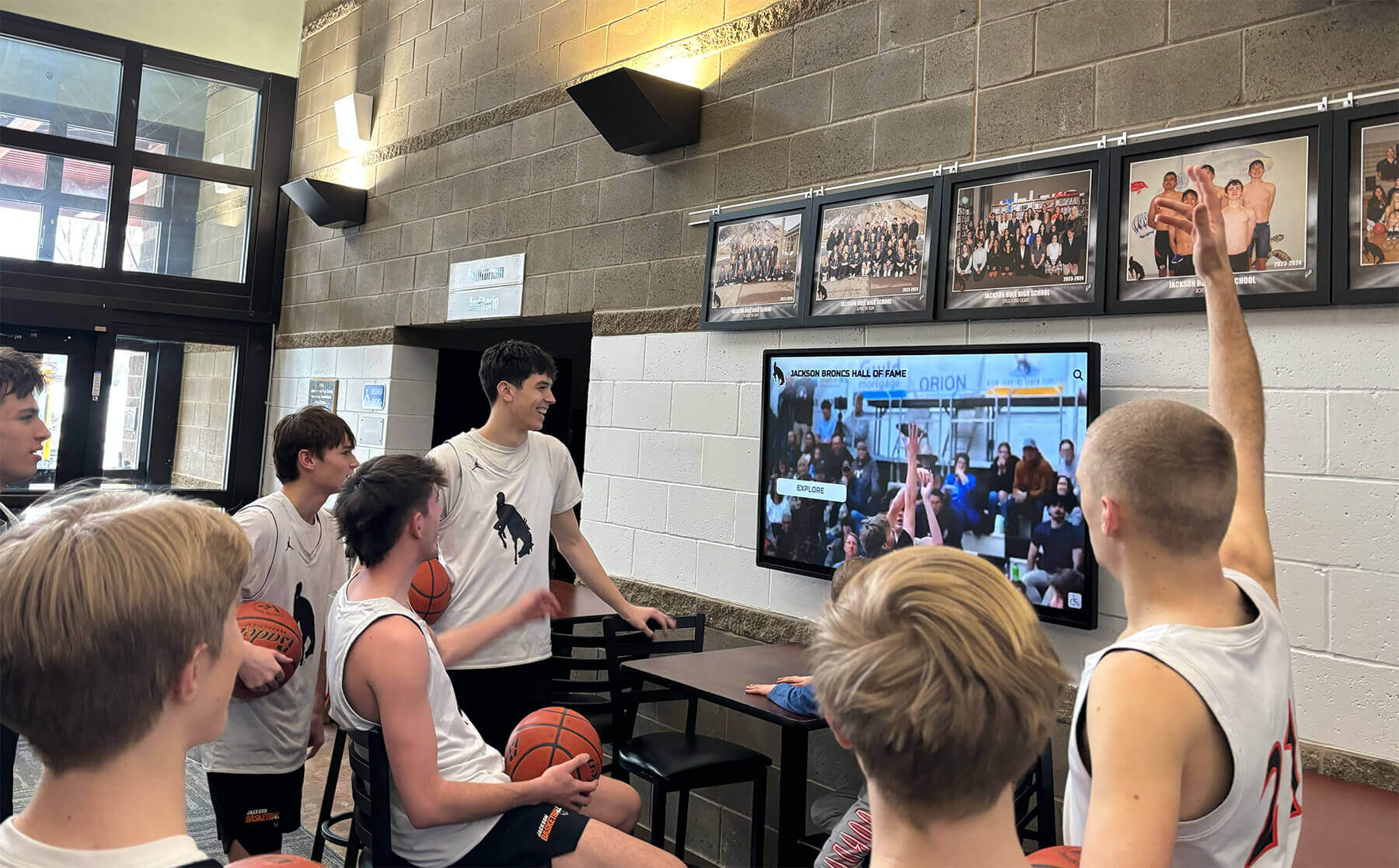
Gamification and Engagement Innovation
Modern engagement strategies incorporate gamification elements that increase participation and motivation. Gamification approaches include visible rating ladders tracking improvement over time, achievement badges for reaching milestones, challenge systems facilitating casual competition, puzzle leaderboards building tactical skill, blitz tournaments providing fast-paced excitement, and team competitions building collective identity.
These engagement innovations complement traditional tournament competition while appealing to students who might not initially pursue formal competition.
Expanded Diversity and Inclusion Initiatives
Chess organizations increasingly emphasize diversity and inclusion to ensure chess excellence and leadership opportunities extend to all students. Inclusion initiatives include targeted outreach to underrepresented groups, scholarship programs reducing financial barriers, mentorship connecting diverse players with role models, visibility of diverse chess achievers in recognition displays, welcoming club cultures explicitly embracing all backgrounds, and programming addressing specific barriers different groups face.
Institutions implementing national heritage months recognition programs and similar diversity-focused initiatives discover that intentional inclusion strengthens entire communities while extending opportunities equitably.
Growing Institutional Investment
Educational institutions increasingly recognize chess’s educational value and invest accordingly. Growing investment trends include hiring professional chess coaches for school programs, offering chess classes for academic credit, establishing competitive chess teams with school funding, constructing dedicated chess facilities and playing spaces, creating chess-focused summer programs and camps, and providing substantial recognition comparable to traditional academic and athletic pursuits.
This growing investment reflects accumulating evidence regarding chess’s cognitive, academic, and social-emotional benefits while creating enhanced opportunities for student leadership and competitive achievement.
Conclusion: Celebrating Strategic Excellence Through Comprehensive Recognition
Chess club presidents and tournament winners demonstrate exceptional cognitive abilities, leadership capabilities, and competitive excellence that enrich educational communities while developing skills valuable throughout students’ lives. These students build inclusive intellectual communities, represent institutions with pride in regional and national competition, develop transferable strategic thinking applicable across all domains, inspire peers to embrace analytical challenges, and exemplify the educational values institutions should celebrate and cultivate.
Schools and colleges implementing comprehensive recognition programs for chess excellence discover that celebrating strategic achievement alongside athletic and artistic accomplishment builds more complete achievement cultures that value diverse talents and contributions. They find that recognizing chess club presidents with similar prominence to other student leaders communicates genuine institutional commitment to intellectual development and community building. They learn that making chess achievement visible through permanent recognition displays inspires broader participation while building program prestige that attracts talented students.
Essential Principles for Recognizing Chess Excellence:
- Implement recognition programs providing chess achievement visibility comparable to athletic accomplishment
- Support chess club presidents with mentorship, resources, and administrative backing for leadership success
- Celebrate tournament victories at all competitive levels from local through national competition
- Integrate chess recognition into comprehensive academic honor programs and school traditions
- Utilize modern digital recognition platforms providing unlimited capacity and engaging presentation
- Document program history comprehensively creating tradition that connects generations of players
- Provide adequate funding enabling tournament participation and competitive excellence
- Create inclusive chess communities welcoming players from all backgrounds and skill levels
- Emphasize cognitive, academic, and social-emotional benefits chess participation provides
- Build partnerships with state and national chess organizations amplifying local programs
Modern recognition technology enables educational institutions to celebrate chess excellence comprehensively without the space limitations that constrain traditional trophy cases and plaques. Solutions like Rocket Alumni Solutions provide interactive digital displays specifically designed for educational recognition needs, combining unlimited capacity with multimedia profiles, intuitive search, and engaging presentation formats that make chess achievement visible and inspiring to entire school communities.
These platforms enable schools to recognize every tournament winner, document complete chess program history, showcase club president contributions year after year, and create permanent digital halls of fame that grow continuously without requiring physical expansion. During school events, campus tours, and daily life, these interactive displays generate engagement and conversation while inspiring current students to pursue strategic excellence and leadership opportunities.
Institutions investing strategically in chess programs and recognition discover they develop not merely better chess players but more capable thinkers, more resilient competitors, more effective leaders, and more well-rounded individuals prepared for academic and professional success. They create intellectual cultures that complement athletic traditions while demonstrating genuine commitment to comprehensive educational missions that value analytical excellence and strategic thinking. This commitment positions institutions as true centers of learning rather than narrow athletic academies, attracting families and students who value intellectual development alongside traditional academic achievement.
Ready to enhance your institution’s chess recognition program with modern solutions that engage students and celebrate strategic excellence comprehensively? Explore how digital recognition displays create inspiring experiences while providing unlimited capacity for documenting your chess program’s growing legacy of achievement and leadership.




































